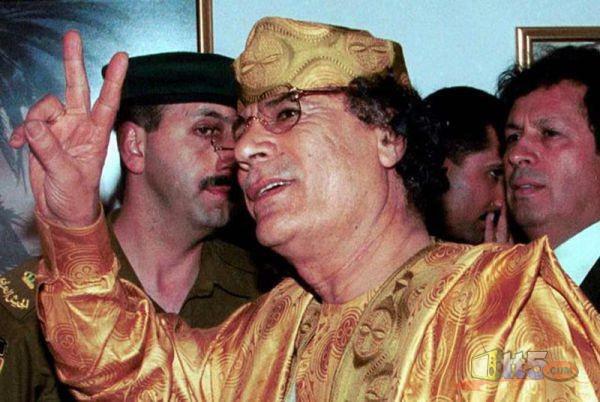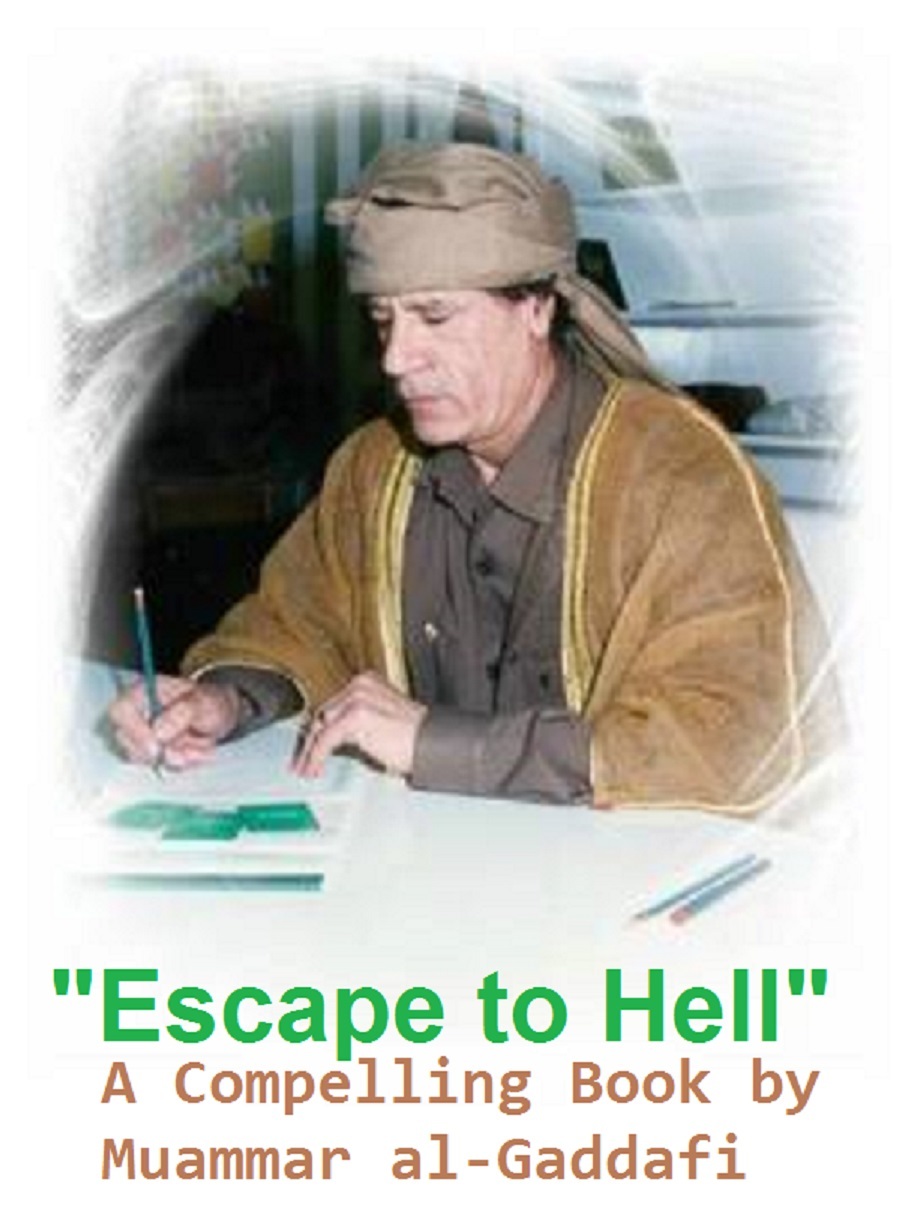
Mossharaty at Midday
We all know the Mossaharaty ... and like him. The children too used to like the fasting month of Ramadan and looked forward to its arrival in order to see the Mossaharaty again, waking up people before daybreak, and listening to the exciting rhythms of his simple drum accompanying his quaint voice at night during the blessed month of Ramadan. We used to listen to his improvised hymns and try to hear their words.
The children would sing them out for a long time ... and we, grown ups, would use some of his phrases on occasions and in situations where they seemed to be applicable. For instance, we would say, " Wake up, sleepy head!" every time we wanted to urge someone to be wakeful and active. May Allah reward the Mossaharaty well for his humble effort and continual singing late on moonlit or dark nights to wake us up for the last allowed meal (Sohor) and get ready for fasting another day, which could be a long one. The Mossaharaty is a unique person.
It is rare to find one like him. As a matter of fact, he is by far a sui generis with abilities rare to find in other people: His responsibility is a moral one connected with conscience, kindness and self-discipline: He is keen to wake up every sleeper; he takes great pains and walks long distances around lanes and alleys to wake up their inhabitants ... He might stumble on more than one stone and fall flat on the ground as a result of his nightly ritual, but he would never "turn on his heels from his self-imposed duty" or lose his temper ... on the contrary, he would just keep walking and singing the praises of Allah in fixed determination to complete his rounds so that every one could hear his cheerful voice. The most interesting thing is that the Mossaharaty needs no one to wake him up.
It is he, who wakes people up. In this sense, he is unlike other people, who need a drum, a prayer and hymn singing repeatedly to wake them up. We all wonder at the peculiar character of the Mossaharaty! Who really wakes him up so that he may wake us up? Doesn't he go to sleep? Of course, he does! Like us, he is a human being. He feels tired, he gets ill and he goes to sleep, or at least he needs some sleep and rest. The amazing thing is that he happens to be fully awake at the time of sleeping to perform his sacred ritual at the peak of bedtime when one goes into a state of inactivity and repose. He walks late at night when it is pitch-dark.
He stumbles and slips, but gets up, and slumbers on; and perhaps, this is the reason why some of us, who do not like the call to morning prayer, do not seem to like him either. But we are used to hearing the call to prayer, because it is repeated five times a day; and in this sense it has become a familiar phenomena from morning to evening. Unlike the Mossaharaty, the caller to prayer can nowadays make the call to prayer from his place ... perhaps even when he is reclining on the bed with the help of a loudspeaker. He does not disturb those who dislike him as much as the Mossaharaty does, because he does not move about or pass by their houses or stop at their doorsteps to remind them as the Mossaharaty does. On the other hand, the call to prayer consists of specific stereotyped phrases with no chance for creativity or innovation, whereas the Mossaharaty moves and innovates while he is improvising ... He beats his drum and sings his improvised hymns in praise of his Lord.
He can improvise any prayer, song or phrase that he thinks is fit to awaken sleeping people ... and he can repeat his calls and prayers as he deems right and sensible; but it is all done in a delightful way which even the children like and try to learn by heart, because they sound so sweet, even though the meaning of the words is still beyond their comprehension.
The Mossaharaty's voice is charming like magic; and as magic, it needs no loud speakers which can be annoyingly repulsive and loudly deafening like the ones used by the callers to prayer in Malta. However, one may like or dislike the Mossaharaty, but even those who dislike him, because he deprives them of sleep in the latter part of the night and urges them to get ready for another day of fasting, speak well of him on the day of fasting; not at the time when it is due; but then, better late than ever!
This is all about the Mossaharaty after midnight. And now, what about the Mossaharaty at Midday?!!
The children would sing them out for a long time ... and we, grown ups, would use some of his phrases on occasions and in situations where they seemed to be applicable. For instance, we would say, " Wake up, sleepy head!" every time we wanted to urge someone to be wakeful and active. May Allah reward the Mossaharaty well for his humble effort and continual singing late on moonlit or dark nights to wake us up for the last allowed meal (Sohor) and get ready for fasting another day, which could be a long one. The Mossaharaty is a unique person.
It is rare to find one like him. As a matter of fact, he is by far a sui generis with abilities rare to find in other people: His responsibility is a moral one connected with conscience, kindness and self-discipline: He is keen to wake up every sleeper; he takes great pains and walks long distances around lanes and alleys to wake up their inhabitants ... He might stumble on more than one stone and fall flat on the ground as a result of his nightly ritual, but he would never "turn on his heels from his self-imposed duty" or lose his temper ... on the contrary, he would just keep walking and singing the praises of Allah in fixed determination to complete his rounds so that every one could hear his cheerful voice. The most interesting thing is that the Mossaharaty needs no one to wake him up.
It is he, who wakes people up. In this sense, he is unlike other people, who need a drum, a prayer and hymn singing repeatedly to wake them up. We all wonder at the peculiar character of the Mossaharaty! Who really wakes him up so that he may wake us up? Doesn't he go to sleep? Of course, he does! Like us, he is a human being. He feels tired, he gets ill and he goes to sleep, or at least he needs some sleep and rest. The amazing thing is that he happens to be fully awake at the time of sleeping to perform his sacred ritual at the peak of bedtime when one goes into a state of inactivity and repose. He walks late at night when it is pitch-dark.
He stumbles and slips, but gets up, and slumbers on; and perhaps, this is the reason why some of us, who do not like the call to morning prayer, do not seem to like him either. But we are used to hearing the call to prayer, because it is repeated five times a day; and in this sense it has become a familiar phenomena from morning to evening. Unlike the Mossaharaty, the caller to prayer can nowadays make the call to prayer from his place ... perhaps even when he is reclining on the bed with the help of a loudspeaker. He does not disturb those who dislike him as much as the Mossaharaty does, because he does not move about or pass by their houses or stop at their doorsteps to remind them as the Mossaharaty does. On the other hand, the call to prayer consists of specific stereotyped phrases with no chance for creativity or innovation, whereas the Mossaharaty moves and innovates while he is improvising ... He beats his drum and sings his improvised hymns in praise of his Lord.
He can improvise any prayer, song or phrase that he thinks is fit to awaken sleeping people ... and he can repeat his calls and prayers as he deems right and sensible; but it is all done in a delightful way which even the children like and try to learn by heart, because they sound so sweet, even though the meaning of the words is still beyond their comprehension.
The Mossaharaty's voice is charming like magic; and as magic, it needs no loud speakers which can be annoyingly repulsive and loudly deafening like the ones used by the callers to prayer in Malta. However, one may like or dislike the Mossaharaty, but even those who dislike him, because he deprives them of sleep in the latter part of the night and urges them to get ready for another day of fasting, speak well of him on the day of fasting; not at the time when it is due; but then, better late than ever!
This is all about the Mossaharaty after midnight. And now, what about the Mossaharaty at Midday?!!
